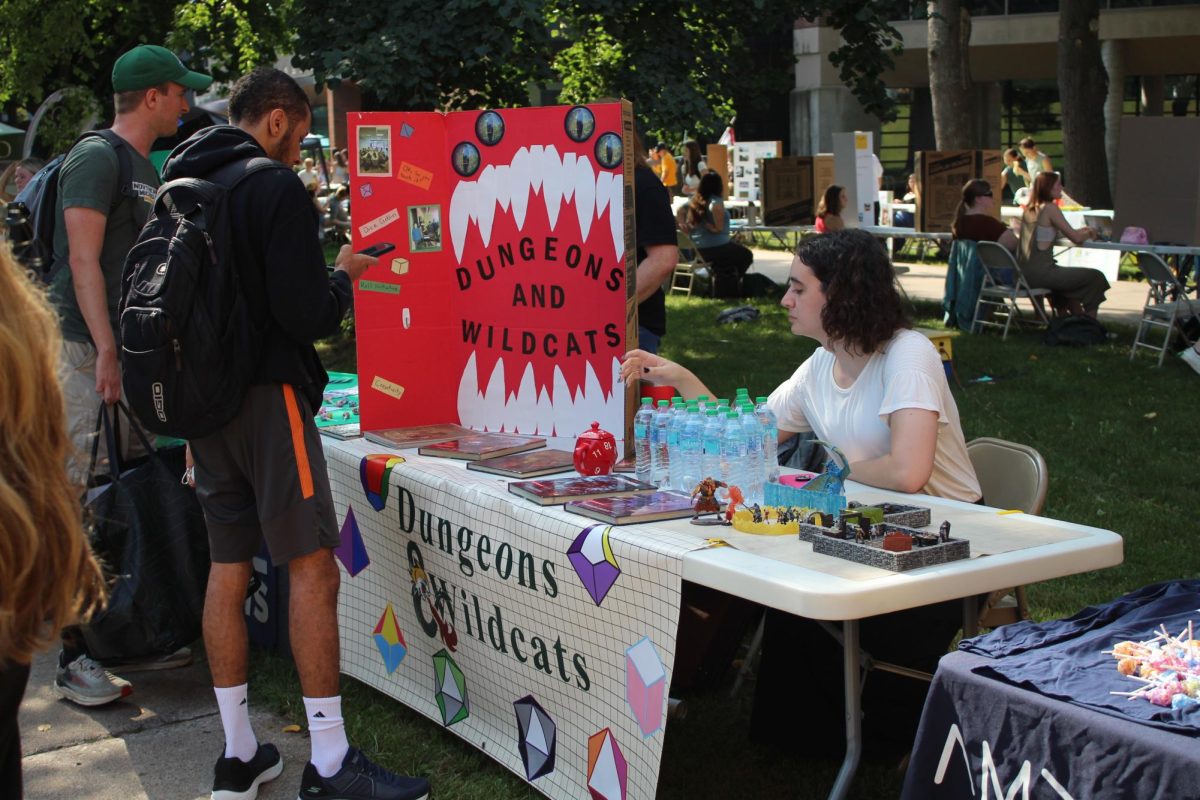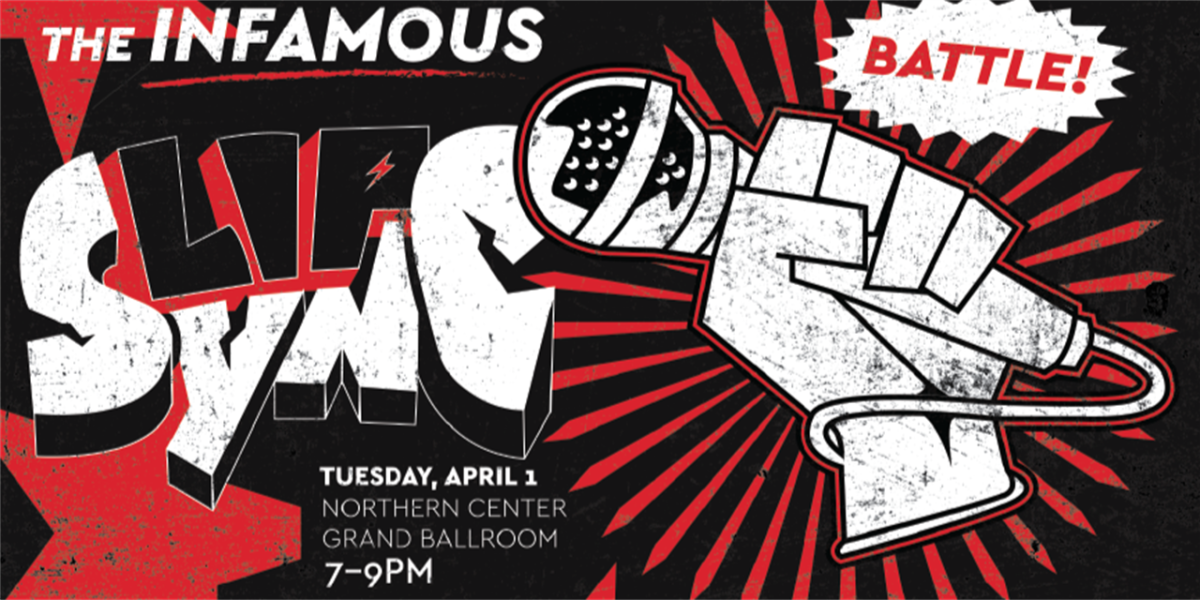For me, eating unhealthy was always a contest. It became a challenge to see who could incorporate beer, bacon and a deep fryer into a meal with enough cholesterol to drown a horse and enough grease to fill Lake Superior (Deep fried, beer-battered bacon, anyone?).
After a few harrowing bouts of food poisoning, however, I decided it was probably time to think healthier.
If there’s one thing Americans are used to hearing nowadays, from others as well as ourselves, it’s that we’re overweight, unhealthy and destroyers of the environment. The food discussion in this country has taken on considerable steam, with childhood obesity rates dwarfing those of most other countries combined. Buying items labeled “natural” or “organic” has become an easy way for Americans with a little extra cash to eat healthier and write off any residual environmental guilt that comes with buying food farmed with pesticides and chemical fertilizers. But is organic farming really sustainable for an ever-growing world population in need of more food? What does being labeled “organic” even mean? The answers may surprise shoppers who blindly reach for a promising label.
For those searching for a more natural food option, throw the word “natural” out of your vocabulary.
According to the Organic Consumers Association, there are no rules for products that claim to be “all natural” or “free range”. Their claims could be based on tiny shreds of fact, or, in the case of larger manufacturers, completely made up. Trustworthy labels require independent verification, such as the USDA Organic certification, which at its minimum requires food to consist of 95 percent organic products, or the Fair Trade certification, which requires products to be bought from farmers at a fair price. In the end, the difference is in the location. It’s much better to pay twice as much for real organic food at a food cooperative than to buy slightly more expensive “natural” food at a larger supermarket.
The problem with organic food is that it’s become heavily commercialized while maintaining a non-commercial image. What once was a community effort to create a premium product has transformed into a massively profitable enterprise, with heavy-hitters like Walmart leaping into the fray.
Mass production of organic food presents its own specific environmental problems. While leaving out pesticides and artificial fertilizers is better for the land, it also causes a specific patch of farmland to yield less produce –– up to 20 percent less in some cases. Because of this, in order to produce the same amount of food, farmers will need to use more land, which is detrimental to the environment regardless of the use of pesticides. Is it really better to bulldoze a forest to make room for more natural farmland?
If you take the detrimental effects of pesticides out of the equation, it’s hard to argue with the results of conventional farming. According to an article in “Business Week” magazine, since the widespread use of synthetic pesticides, the average acre of farmland now yields 200 percent more than it did 70 years ago. This year, Americans will spend half the percentage of what they spent in the early 20th century on food, giving them more available funds to spend on other things.
Another side effect to a growing organic food market is the scarcity of food products produced domestically. Because we can’t produce enough organic food to meet our needs, America is forced to import organics from countries like China, who has a less than sterling consumer reputation. Worse yet, the environmental footprint left by importing food from around the world most likely negates any benefit of it being organically farmed in the first place. It’s an environmental catch-22 that most promoters of organic food tend to ignore.
The solution to the harmful effects of organic food is the same solution to our ongoing health problems in America: Don’t be lazy. Just because a product’s packaging screams “Buy me! I’m good for the environment!” doesn’t mean it is anything of the kind. Likewise, it’s pointless to refuse food that’s not grown organically.
Every day a new cause for cancer is found in an everyday item that shocks the world into buying something different. Sure, organic food is probably healthier, but while eating a big, red, juicy pesticide apple probably isn’t going to kill anyone, I would consider washing it first.
Take the time to know where your food comes from. Organic or not, buying locally is always a good idea, and there’s no better place to start than your local food co-op. Local organic farmers are held to much higher standards than those who mass produce for grocery store chains. Organic farming at home is another great alternative open to anyone willing to get their hands a little dirty for a healthier meal.
As for me, healthy eating habits are never going to come easy. Aisles and aisles of discount junk food will always lure me back, like an addict looking for a fix. The prospect of a healthy diet would be so much simpler, if only bacon wasn’t so delicious.

























